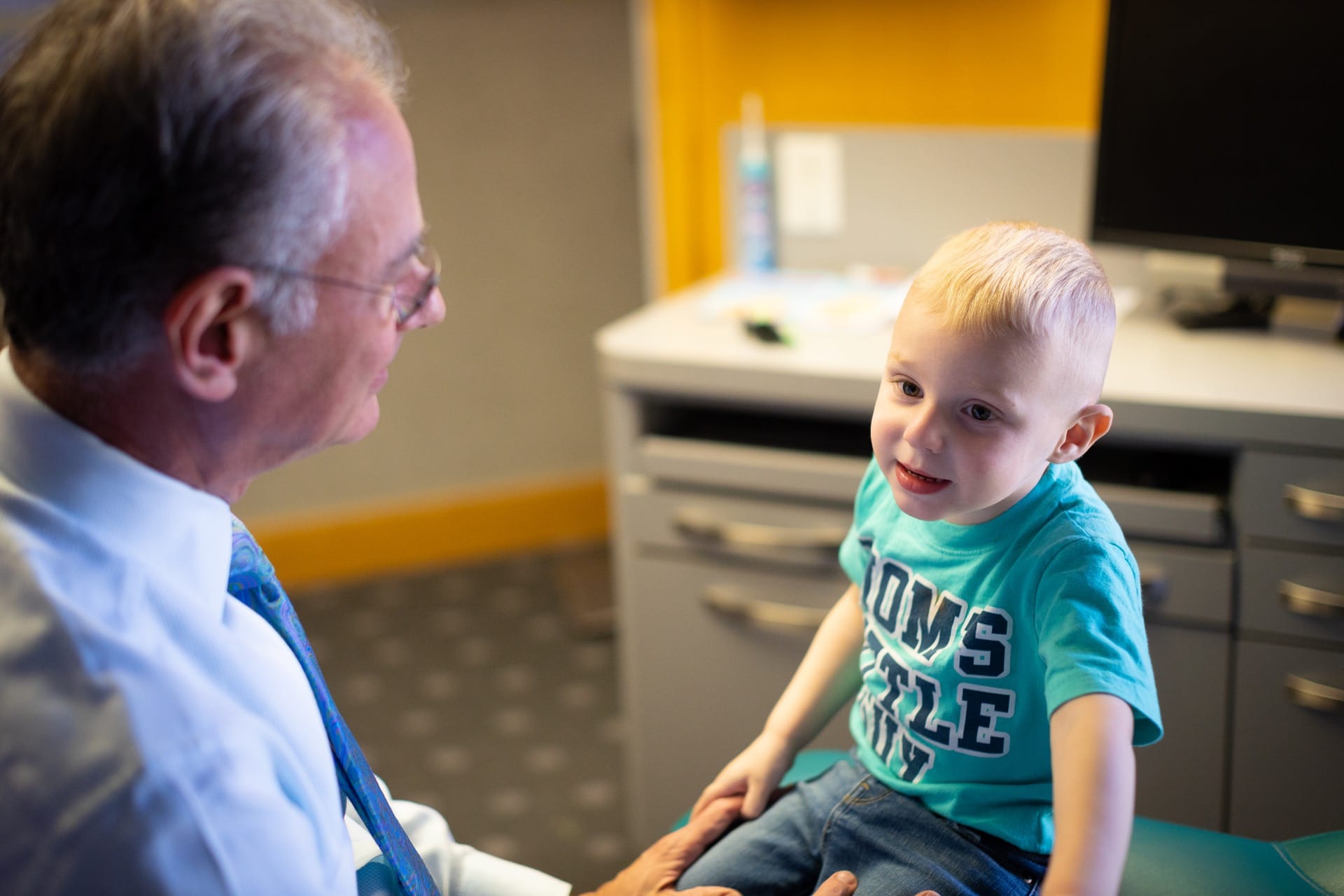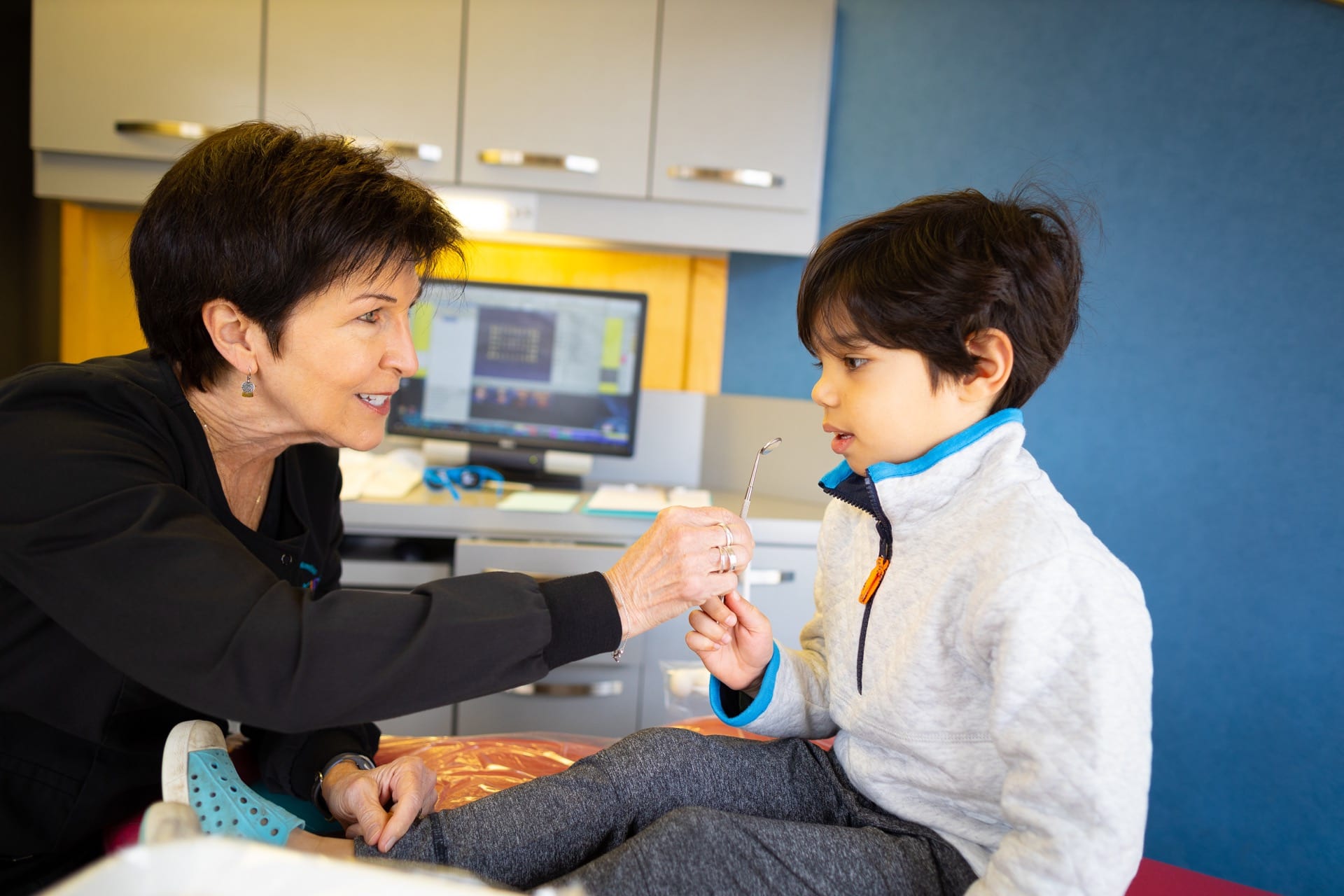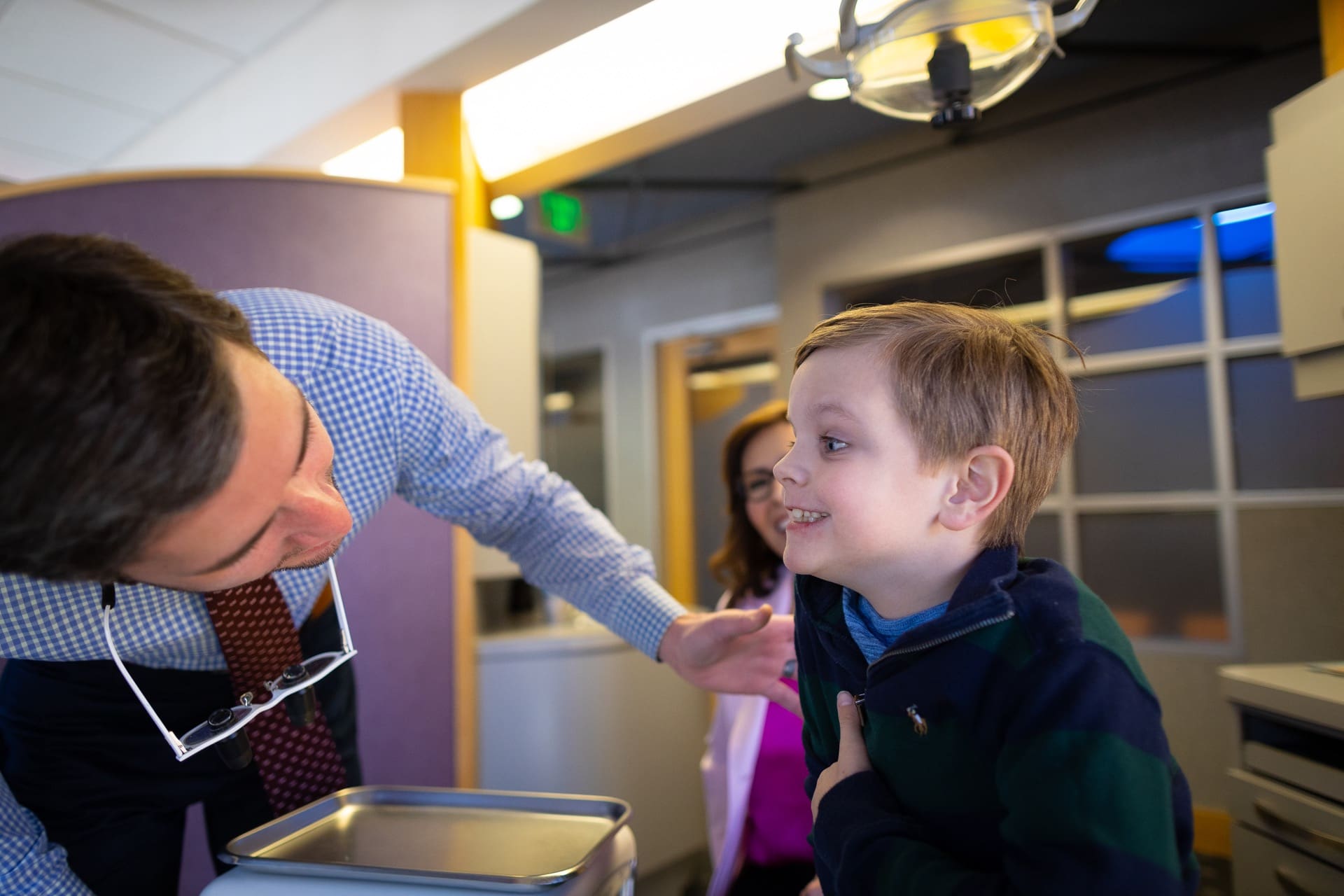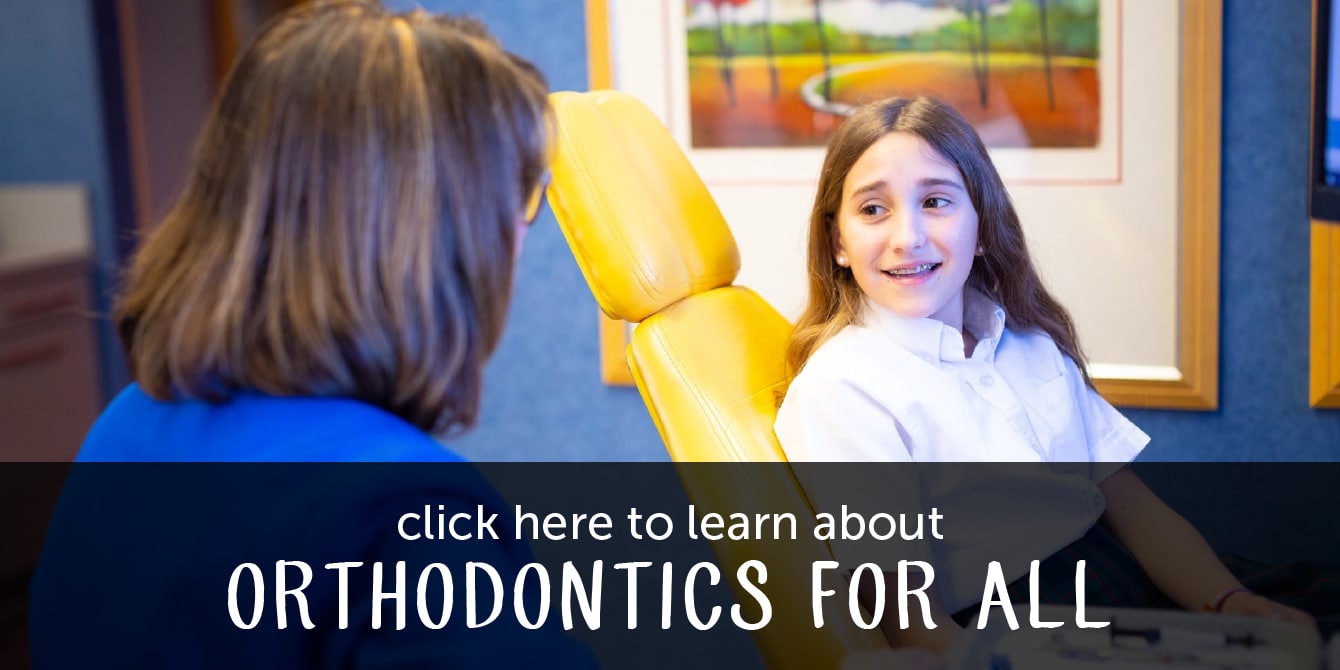Q: At my toddler’s recent dental checkup the dentist found a couple of cavities he suggested we fill. Do we really need to get fillings? Her baby teeth are just going to fall out in a few years anyways, it seems like a waste.
A: Dental decay in young children is on the rise. In fact, today about 60% of children in the United States will have had a cavity by age 5! Yes, baby teeth will eventually fall out and be replaced by permanent teeth, but they are still very important in your child’s oral development, overall health, and everyday life. So although treatment may seem unnecessary, removing and treating the decay when it’s first spotted will help prevent the bacteria from causing larger problems down the road.
Cavities don’t always present symptoms, but leaving decay untreated allows the infection to spread. If the cavity continues to grow, your daughter may experience pain, sensitivity, and difficulty chewing or talking, which can prevent her from leading a happy and healthy life. Children with untreated dental pain are actually three times more likely than their peers to miss school and activities. The infection can spread to other areas on the same tooth, surrounding baby teeth, or even damage erupting permanent teeth. In many cases the additional decay requires more extensive and costly procedures, such as a root canal therapy or extractions, to get the child out of discomfort and stop the infection from progressing.
The Importance Of Baby Teeth On Proper Growth
One important role of baby teeth is to “save a seat” for the permanent teeth that will eventually grow in their place. If a baby tooth is lost too early, or is extracted due to decay, the surrounding teeth may shift into that vacant space. Without the baby teeth to serve as a guide, the permanent teeth may grow in crowded or crooked, grow in early or not at all. You can expect your child to begin losing his or her baby teeth around age 6, but the full set of permanent teeth won’t arrive until around age 12. Extracting decayed baby teeth before the permanent teeth are ready to erupt can leave them with gaps for years during this period. In addition to the potential orthodontic problems, the gaps can negatively affect their ability to eat comfortably, develop normal speech, or socialize with their peers.


Schedule An Appointment
The first step is treating the decay that is already present. This will put your little one on the right track towards preventing any future decay. Consistent dental cleanings and exams will also help her get comfortable with dental visits, and ensure that warning signs of decay are caught as early as possible. The preschool years are an important time to instill healthy dental and nutritional habits into your child at home. Establishing a dental routine with regular brushing and flossing will help them learn to care for their teeth as they grow older and more independent. Offering tooth-friendly, balanced snacks rather than sugary, sticky, and starchy options will promote good nutritional choices and help prevent your child from reaching for unhealthy foods and drinks on their own.
Have a question of your own? Send us a message and let us know!


















